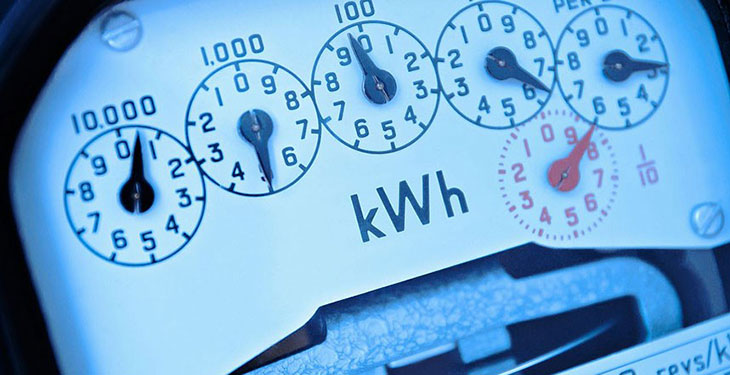Romania assumed a share of approximately 30.7% of renewable energy sources for 2030 through the National Integrated Plan in the field of energy and climate change 2021-2030, but through a re-analysis it will reach 34%, said on Monday Casian Nițulescu, state secretary in the Ministry of Energy.
“Through the integrated national plan in the field of energy and climate change, we assumed approximately 30.7% as sources of renewable energy, but through a reanalysis we will reach 34%. The dimension of energy efficiency occupies an important role in the national plan. It doesn’t just ensure energy security, but also a transition to a cleaner, greener energy, an energy of the future. Europe has assumed that by the year 2050 it will become the first continent neutral from a climate point of view, and by the year 2030 we have pledged to reduce gas emissions by 55%,” said Casian Nițulescu, according to Agerpres.
He emphasized that, through investments in energy efficiency, Romania can have numerous benefits such as a major decrease in energy consumption, a reduction in greenhouse gas emissions and, last but not least, an improvement in the environment and an increase in quality of life.
At the same time, the state secretary mentioned that through an energy audit, vulnerable consumption areas can be identified, and through energy management, a better coordination of companies can be ensured. On the other hand, by investing in equipment with low energy consumption, companies’ profitability can be increased, and by ensuring the production of electricity from renewable sources, bills can be reduced, thus ensuring companies’ profitability.
Regarding energy efficiency in buildings, Casian Nițulescu stated that this is “a rather complex activity” that the Ministry of Development deals with.
“Through investments in energy efficiency in buildings, maximum profitability can be ensured – that is, investments in thermal energy, in thermal insulation of the building, walls, floors, roofs,” he stated. At the same time, the Secretary of State referred to the efficient use of lighting, as well as to investments in the supply of electricity from renewable sources.
